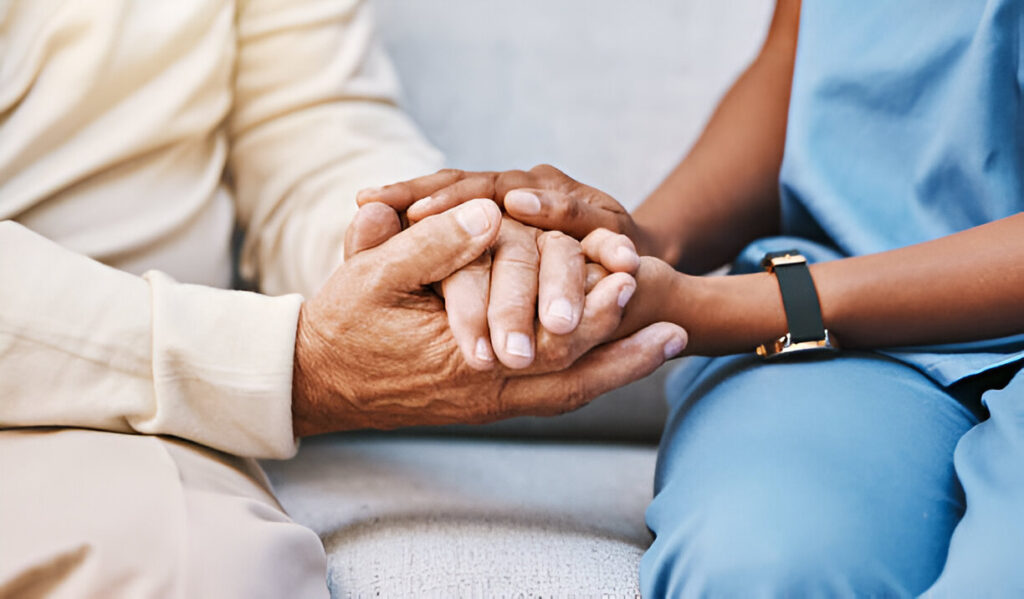Services
Our Services
Psychiatric Rehabilitation Program

We add PRP to our regular mental health care for everyone. PRP helps with learning about emotions, behaviors, and social skills. We teach either in groups or one-on-one, at our place or where the person is comfortable, like their home.
The main goal of PRP is to reduce emotional or behavior issues and help with skills for their age.
This means:
Helping people live on their own, make choices, and be part of their community. Showing them where to find community help.
Helping with activities that are part of their personal PRP plan.
This includes:
- Self-care:
Cleaning oneself includes bathing regularly, brushing teeth, and nail hygiene.
Eating right means understanding balanced diets and the importance of drinking water.
Safely taking medicines involves following doctor’s instructions and being aware of any side effects. - Being Social:
Handling fights with calmness, listening actively, and seeking common ground.
Building strong connections with friends through trust and understanding.
Respecting and communicating effectively with those in authority.
Standing up for oneself without being aggressive and setting boundaries.
Learning how to identify safe environments and trustworthy individuals. - Living Independently:
Keeping one’s living space clean, decluttering regularly, and disposing of waste properly.
Creating and sticking to a budget for managing money.
Prioritizing tasks, setting alarms, and respecting others’ time.
Learning essential household chores like cleaning, basic repairs, and gardening.
Cooking involves mastering basic recipes and understanding nutrition.
Washing clothes means sorting by color, understanding care labels, and ironing. - Leisure and recreational activities:
Development of healthy leisure activities, use of leisure to develop teamwork and peer support behaviors, promotion of productive and rewarding use of time spent alone. - Fun Activities:
Exploring various hobbies, from crafting to reading to music.
Learning team dynamics, leadership, and collaborative problem solving.
Recognizing the importance of self-reflection and solitude. - Planning Time:
Designing a daily to-do list and prioritizing tasks.
Understanding the importance of breaks and relaxation.
Preparing for the next day can include meal prepping, laying out clothes, and setting priorities. - Cultural Activities:
Embracing one’s traditions, festivals, and rituals.
Exploring different art forms like music, dance, and literature from one’s culture.
Engaging in cultural exchanges to appreciate and respect diversity. - Medicines and Health:
Recognizing the purpose of different medications and their proper storage.
Consulting healthcare professionals before taking new medications.
Observing and reporting any unusual reactions or side effects. - Healthy Living:
Understanding the food pyramid, the role of different nutrients, and reading food labels.
Incorporating regular exercise into daily routines, from walking to more structured workouts.
Discussing personal topics like mental well-being, puberty, and relationships.
Ready to get our medical care? To proceed with your referral, CLICK HERE
